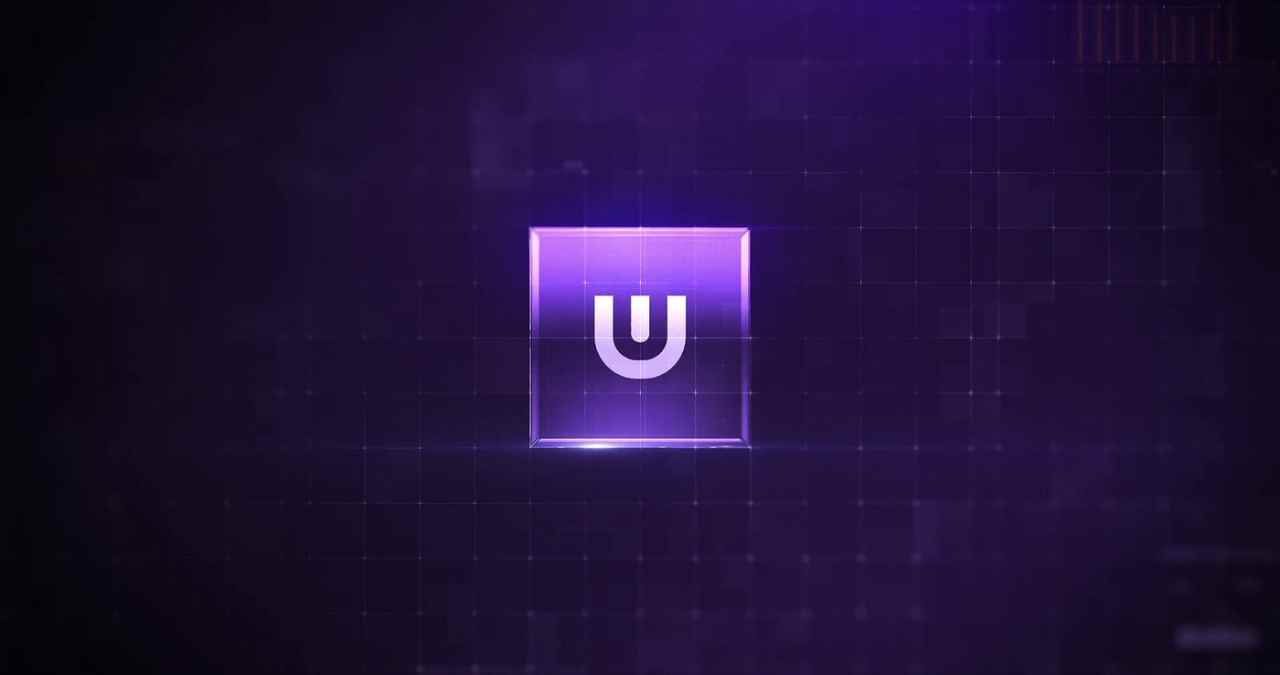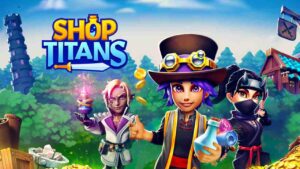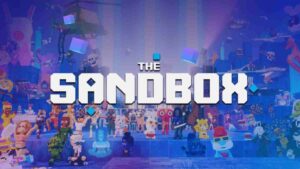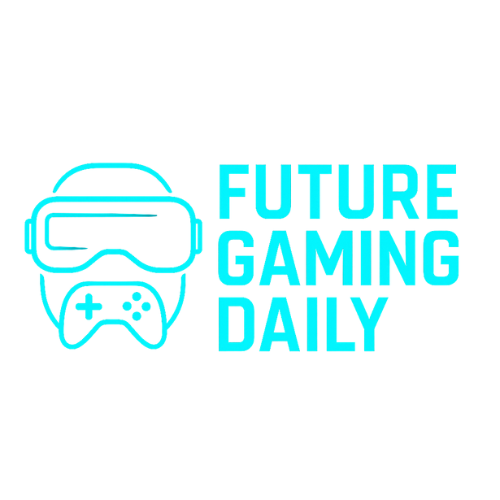Ultra is rolling out a new incentive for Web3 game studios: a $1 million grant program designed to bring more polished, blockchain-integrated titles to its platform. It’s not just about funding prototypes. The goal is to attract projects that are market-ready or close to it, with a clear path to launch and long-term value.
With its own blockchain infrastructure and a growing portfolio of connected services including a marketplace, launcher, and esports integrations Ultra is positioning itself as more than just a publisher. The grant program reinforces that shift by actively backing developers who can plug into its wider ecosystem.
Focus on fully developed games, not early-stage concepts
This grant isn’t aimed at teams still in ideation mode. Ultra is specifically looking for projects that already have working builds or advanced prototypes. The platform wants to support games that are nearly launch-ready, with clear scope and existing assets.
This filtering makes sense given Ultra’s goals. Rather than spreading funds thin across dozens of experiments, it’s concentrating on projects that can deploy within a relatively short window. That also helps fill its storefront with games that elevate quality perception something Web3 platforms have struggled with.
The emphasis is on functionality and polish over speculation. This isn’t a bounty for token launches. It’s targeted at games that could stand on their own, with or without blockchain hooks.
Integration with the Ultra ecosystem is key
Ultra isn’t just handing out funds and walking away. Selected projects are expected to integrate with the Ultra ecosystem meaning they’ll publish through its platform, tap into its wallet infrastructure, and potentially make use of its NFT marketplace and esports layers.
This ensures any funded title contributes to the long-term value of the ecosystem rather than just using Ultra as a funding vehicle. It also opens up cross-app functionality, where players can move assets between games or access shared identity layers across titles.
It’s a closed-loop strategy: grow the platform by funding content, then use that content to strengthen the platform. For developers, that means buy-in is both financial and architectural.
Vetting process focuses on potential impact
While Ultra hasn’t revealed every detail of its application process, the vetting will focus on several key criteria: project maturity, game quality, team experience, and potential to generate meaningful activity on the network.
Teams with previous releases or demonstrable experience are likely to get priority. Visual polish, gameplay depth, and Web3 integration will all play a role in evaluations. Projects don’t need to be blockchain-native from the start, but they do need a plan to incorporate on-chain mechanics in ways that enhance gameplay.
This approach signals Ultra’s intent to move beyond the usual flood of idle clickers or quick-flip NFT projects. It wants functional, engaging titles that can onboard new users without relying solely on token speculation.
Strengthening the content pipeline for Web3
The grant program is part of a broader push to solve a major issue in Web3 gaming: lack of consistent, high-quality content. By offering targeted financial support and a built-in platform, Ultra is trying to reduce friction for developers while ensuring the network gets games that can actually retain players.
In a landscape crowded with early access concepts and stalled roadmaps, this kind of structured initiative might give a handful of solid projects the push they need to hit full release and, more importantly, stay live.
Web3 Analyst & Play Blockchain Games Guide
CryptoKit breaks down Web3 gaming like it’s second nature. From tokenomics to airdrop strategies, she turns blockchain chaos into clear, actionable advice for players who want to win more than XP.




